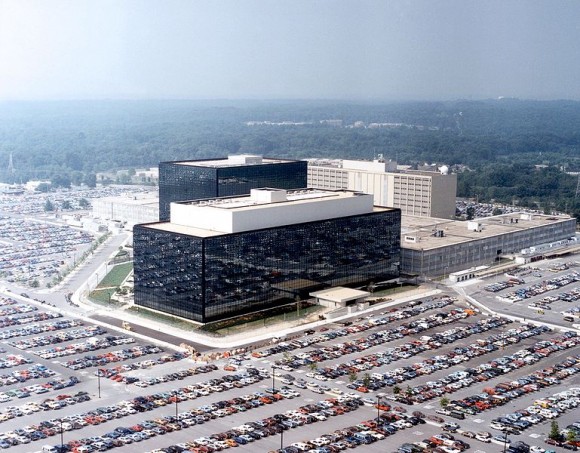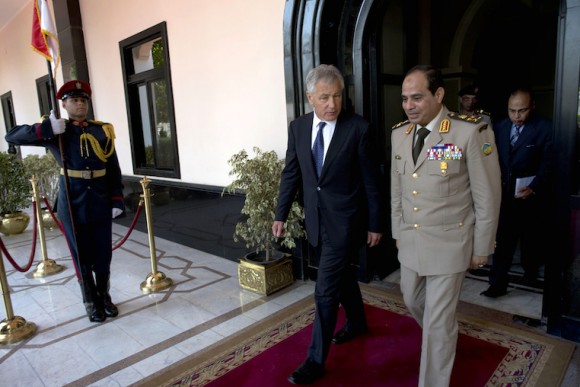The New York Times is hardly a progressive newspaper – but when it comes to the surveillance state and ongoing militarism of the Obama White House, the establishment’s "paper of record" puts MoveOn.org to shame.
And so, the same day that the Times editorialized to excoriate President Obama for his latest betrayal of civil liberties, MoveOn sent out a huge email blast sucking up to Obama.
The Times was blunt in its Saturday editorial: "By the time President Obama gave his news conference on Friday, there was really only one course to take on surveillance policy from an ethical, moral, constitutional and even political point of view. And that was to embrace the recommendations of his handpicked panel on government spying – and bills pending in Congress – to end the obvious excesses. He could have started by suspending the constitutionally questionable (and evidently pointless) collection of data on every phone call and email that Americans make."
But, the newspaper added: "He did not do any of that."
As the Timeseditorial went on to say, "any actions that Mr. Obama may announce next month would certainly not be adequate. Congress has to rewrite the relevant passage in the Patriot Act that George W. Bush and then Mr. Obama claimed – in secret – as the justification for the data vacuuming."
Let’s reiterate that the Times is far from a progressive outlet. It serves as a highly important megaphone for key sectors of corporate/political elites. Voicing the newspaper’s official stance, its editorials are often deferential to spin and half-truths from favored political figures. And much of the paper’s news coverage feeds off the kind of newspeak that spews out of the Executive Branch and Congress.
But on crucial matters of foreign policy, militarism and surveillance, the contrast between Times editorials and MoveOn is stunning. The "progressive" netroots organization has rarely managed to clear a low bar of independence from reprehensible Obama policies.
Continue reading “Is MoveOn Less Progressive Than the New York Times Editorial Board?”






